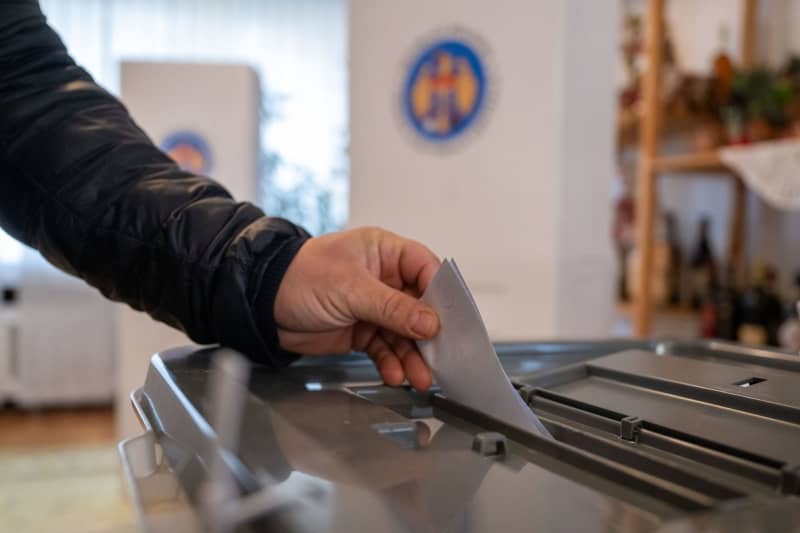Polls have recently closed in Moldova for the run-off presidential election, amid significant concerns over alleged Russian interference highlighted by President Maia Sandu and her national security adviser Stanislav Secrieru. Voter turnout appeared to be higher than in the first round on October 20, with preliminary results anticipated later in the evening. Notably, there were no exit polls or forecasts available to indicate potential outcomes at this stage. Sandu is vying for a second term, having failed to secure an outright majority in the initial voting round, where she received 42.45% of the votes against a field of 11 candidates. Her main competitor, pro-Russian Alexandr Stoianoglo, who previously served as attorney general, garnered 25.98%. Despite Sandu’s comfortable lead, the dynamics of the run-off are considered unpredictable.
As the run-off unfolded, Secrieru expressed alarm over what he termed “massive interference by Russia” in the electoral process. He claimed that such interference poses a significant risk to the integrity of the election results. His accusations included reports of illegal voter transport from the Russian-controlled region of Transnistria and orchestrated movement of voters from Russia to various cities, including Baku, Istanbul, and Minsk. Secrieru further shared a video purportedly showing Moldovans traveling with their passports to Belarus, intensifying concerns about the electoral process’s legitimacy. Complaints have also surfaced regarding inadequate polling stations in Moscow, where only 10,000 ballots were available for Moldovans living in Russia, possibly limiting voter access significantly.
Beyond allegations of foreign interference, Sandu has also raised concerns regarding vote buying and electoral fraud. Upon casting her vote in the capital city of Chișinău, she emphasized the strength of the people’s will against attempts to manipulate the electoral outcome, asserting that “thieves want to buy our votes and our country.” This rhetoric underscores the contentious environment surrounding the election, particularly in a country striving to navigate a path between European Union integration and sustaining relations with Russia. Moldova’s strategic position, standing as a candidate for EU membership like Ukraine, adds layers of complexity to these electoral tensions.
While Maia Sandu is viewed as the favorite candidate, her leadership has not been without criticism, especially regarding perceived shortcomings in economic and social development within the nation of approximately 2.5 million inhabitants. Stoianoglo, representing a pro-Russian stance, proposed that Moldova could pursue EU accession while bolstering economic ties with Russia. Among his political adversaries, there are heavy allegations that he may be a puppet of corrupt oligarchs, reflecting the skepticism surrounding his candidacy. Accusations of a cash-for-votes scheme by pro-Russian elements recently surfaced, highlighting the contentious and suspicious atmosphere leading up to the elections.
The first round of voting earlier in the month also coincided with a referendum scheduled by Sandu to emphasize Moldova’s commitment to EU integration within the constitution. This move was narrowly supported by the electorate, demonstrating a fraction of the populace’s inclination towards European alignment despite the lingering influence of Russian-affiliated factions in the region. Thousands of Moldovans residing abroad, primarily in EU countries, along with residents in the breakaway region of Transnistria, participated in the voting process in the second round, showcasing the extensive engagement of the diaspora on critical national issues.
With the conclusion of the election cycle, the implications for Moldova’s future remain uncertain. Should Sandu emerge victorious, it could solidify a pro-European trajectory for the small nation, yet the challenges of economic progress, managing societal divisions, and countering external influences remain pressing. Conversely, a win for Stoianoglo might pivot the country back towards closer ties with Moscow, potentially complicating its aspirations for EU membership. The outcomes of these elections are not just vital for Moldova’s leadership structure, but they also have significant ramifications for its geopolitical standing and social unity moving forward. As the preliminary results loom, both local and international observers are keenly interested in how Moldovans will navigate these momentous choices in their political landscape.

